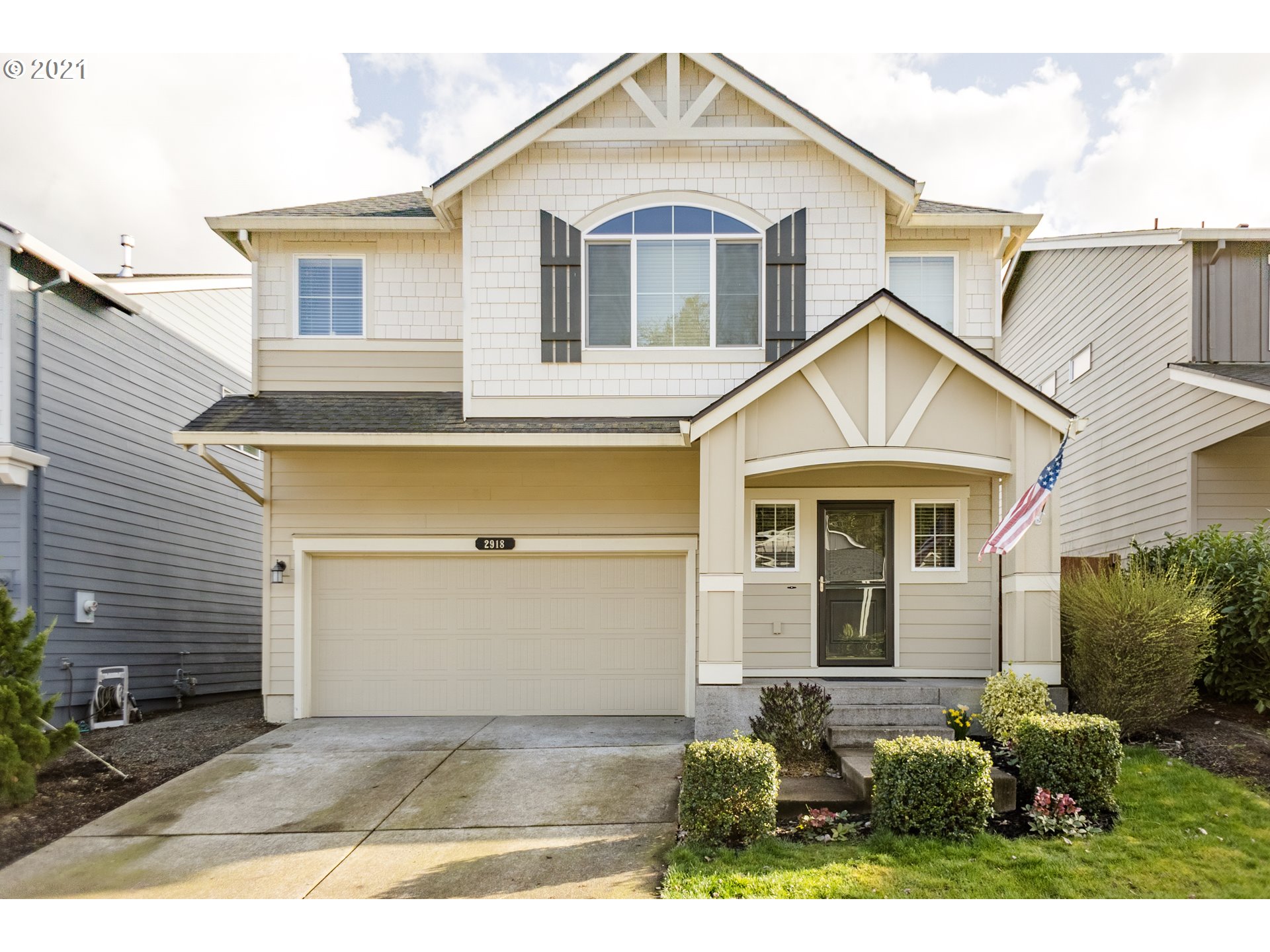Interest Rates Fall Again, Demand Is Up
Good Monday Morning!
As mortgage interest rates fall again, the housing market in the Eugene and Springfield area is heating up even more. The shortage of homes on the market for sale is not discouraging home buyers as they are making offers on homes for sale causing bidding wars in most cases. The inventory is the lowest in the first time buyer prices ranges of $250,000 to $400,000. This of course is the price range where competiition is the greatest. I would not look for any change in the market conditions here in the near future. The following is an article from"Realtor.com" that talks about the recent market and mortgage interest rates.
The spring housing market is heating up faster than the temperature.
Already-high home prices continued to climb to yet new heights as mortgage interest rates dipped below 3%. Median home sale prices soared 17.2% year over year in March, to hit a record high of $329,100, according to the National Association of Realtors®. This was for existing homes and did not include new construction. Sale prices of single-family homes were even higher, jumping 18.4% annually in March, to reach $334,500.
This comes as buyers have flooded the market and found a severe shortage of properties for sale. Sellers have been hesitant to list during the pandemic, and builders haven’t been able to keep up with demand. The imbalance has led to offers well over asking price, frenzied bidding wars, and the waiving of all sorts of contingencies.
Median list prices, which is what the sellers are asking for homes, not what they sell for, also shot up 17.2% on Realtor.com in the week ending April 17.
One the big reasons for the meteoric rise in prices has been low mortgage rates. The lower the rates, the lower the buyer’s monthly mortgage payment. This has enabled many buyers to afford more expensive homes without having to shell out more for them every month.
“Today’s mortgage rates give home buyers a much needed boost in purchasing power that will help them navigate higher home prices, which nearly every housing market across the country is seeing right now,” says Realtor.com® Chief Economist Danielle Hale.
Rates fell well below 3% for the first time during the coronavirus pandemic. They rose above the 3% threshold only in March, but they’ve since come back down a little. They dipped to an average 2.97% for a 30-year fixed-rate loan in the week ending April 22, according to Freddie Mac.
“Going forward, there will be no shortage of buyer interest in housing, and we’ll still see climbing mortgage rates,” says Hale
“But I expect the increases to be more gradual, which will make it easier for buyers to adjust to higher monthly payments. The top challenge for buyers will still be finding a home, but even that should get a bit easier as we see a seasonal ramp-up in sellers.”
The lower rates have also been a boon for homeowners who refinance their mortgages to capitalize on the lower rates.
“Low and declining mortgage rates provide [lower-income] homeowners the opportunity to reduce their monthly payment and improve their financial position,” Freddie Mac Chief Economist Sam Khater said in a statement.
However, the high prices, coupled with a dearth of homes on the market, coupled with the high price tags, is hurting the number of sales. Closed transactions dropped 3.7% in March compared with February on existing homes, according to NAR. However, sales were 12.3% higher than a year ago, at the start of the pandemic when many buyers were not allowed to visit properties in certain parts of the country.
The number of homes for sale was just 1.07 million units in March—a 28.2% plunge from the previous year. And they sold quickly, at a median 18 days. Roughly 83% of homes were sold in less than a month.
“The sales for March would have been measurably higher, had there been more inventory,” NAR’s Chief Economist Lawrence Yun said in a statement. “Without an increase in supply, the society wealth division will widen with homeowners enjoying sizable equity gains while renters will struggle to become homeowners.”
Have An Awesome Week!
Stay Healthy! Stay Safe! Remain Positive! Trust in God!
THIS WEEKS HOT HOME LISTING!
 2924 Norkenzie Rd, Eugene, OR
2924 Norkenzie Rd, Eugene, OR
Price: $485,000 Beds: 3 Baths: 2.0 Sq Ft: 1693
Don't miss this tastefully updated one level home nestled in a quiet North Gilham neighborhood. Stunning kitchen w/ granite countertops, soft-close cabinetry, stainless steel appliances, breakfast bar & large windows looking to the private backyard...View this property >>
AND HERE'S YOUR MONDAY MORNING COFFEE!!


 2918 San Pedro Ave NW, Albany
2918 San Pedro Ave NW, Albany



